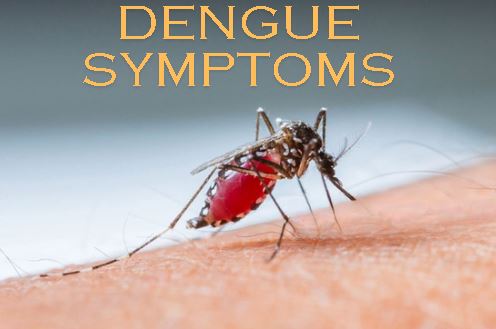Dengue Fever: Recognizing Symptoms and Taking Precautions
Introduction:
Are you familiar with the symptoms of Dengue Fever?
Dengue Fever is a rapidly spreading disease globally, primarily transmitted by
mosquitoes, and is a result of four types of Dengue viruses. Cases of Dengue are
increasing in various cities worldwide.
Statistics:
According to estimates, every year, 400 million people
worldwide face Dengue infections, with 96 million individuals falling ill.
Dengue Fever is caused by the bite of the Aedes mosquito, which becomes
infected with the Dengue virus and transfers it to the bloodstream after biting.
Signs and Symptoms:
Dengue symptoms typically appear 4 to 6 days after
becoming infected and often persist for up to 10 days. These symptoms include
sudden high fever, severe headache, pain behind the eyes, intense joint and
muscle pain, fatigue, vomiting, nausea, skin rash (appearing 2 to 5 days after
the fever), and mild bleeding (from the nose, gums, or easy bruising).
Most of the time, the severity of symptoms is moderate,
and they are often mistaken for the flu or other viral infections. The
disease’s intensity is usually milder in young children and those who haven’t
been previously infected compared to older children and adults.
Complications:
However, severe complications can occur, such as Dengue
Hemorrhagic Fever, a complex with very high fever, damage to lymph and blood
vessels, bleeding from the nose and gums, enlarged liver, and a failure in the
circulatory system. Severe cases may result in excessive bleeding, increasing
the risk of death.
Diagnosis and Treatment:
Diagnosis of Dengue can be done through a blood test by a
doctor. Currently, there is no specific medication for Dengue infection. If you
suspect you have Dengue, you can use pain relievers like paracetamol but should
avoid aspirin, as it can worsen bleeding.
Patients should get plenty of rest, stay hydrated, and
consult a doctor. If symptoms worsen within the first 24 hours after the fever
has reduced, it is essential to seek immediate medical attention.
Preventive Measures:
Preventing Dengue involves using mosquito repellents,
whether at home or outside. Wearing long-sleeved shirts and socks, using
mosquito nets if available, and ensuring that windows and doors are
mosquito-proof are vital precautions.
Reducing mosquito populations by eliminating breeding
grounds, such as stagnant water in old tires and containers, is crucial. If
someone in your home has Dengue, take extra precautions to protect yourself and
others, as the infected person’s mosquito bites can spread the disease.
By
following these preventive measures, you can significantly reduce the risk of
Dengue infection and contribute to the overall control of the disease. Stay
informed and stay safe!





My brother recommended I might like this web site He was totally right This post actually made my day You cannt imagine just how much time I had spent for this information Thanks
I do not even know how I ended up here but I thought this post was great I dont know who you are but definitely youre going to a famous blogger if you arent already Cheers
Somebody essentially help to make significantly articles Id state This is the first time I frequented your web page and up to now I surprised with the research you made to make this actual post incredible Fantastic job